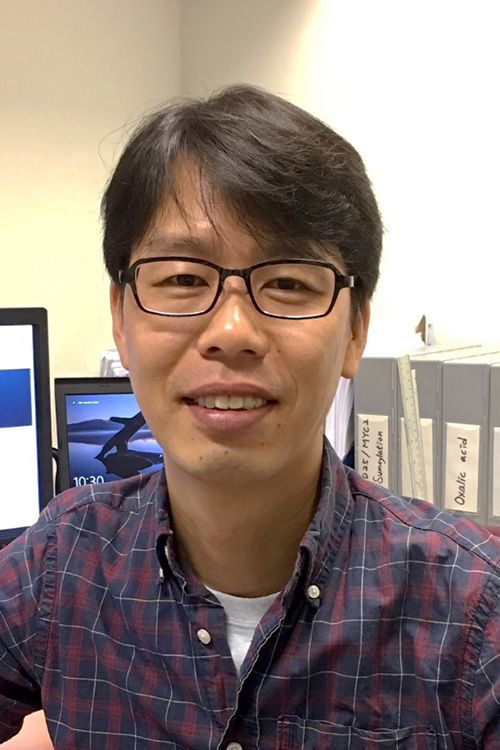
Impact
Modern food production depends heavily on fertilizers to maintain sustainable crop yields. However, the extraction of non-renewable fertilizer sources, particularly phosphate from phosphate rock, has reached unsustainable levels. This dependency threatens global food security, as fertilizer shortages could lead to reduced crop yields and increased food prices, disproportionately affecting vulnerable communities. Developing advanced nutrient sensors, bio-fertilizers, bio-stimulants, and plant growth technologies can enhance nutrient use efficiency, reducing agricultural costs and mitigating the social and economic consequences of fertilizer scarcity. By investing in such innovations, we can build more resilient food systems, ensuring equitable access to affordable and nutritious food worldwide.
Collaborations, Achievements & Honours
- Collaboration with MIT and A*STAR to develop smart sensors for plant nutrient diagnosis
- Collaboration with Singapore indoor farms for technological field trials and transfers
- Developed Raman sensor for nitrate detection in precise nitrogen diagnosis and nutrient management
- Development of root air-pruning devices for soil-based and hydroponic indoor farming systems, improving nutrient use efficiency, nutritional value and increasing biomass
- Development of bio-fertilizers for improved nutrient use efficiency and soil remediation
- Granted research on High Performance Precision Agriculture (HiPPA) by A*STAR (2020)
- Granted research on Disruptive and Sustainable Technologies for Agricultural Precision (DiSTAP I) by National Research Foundation (2018)
- Granted research on Disruptive and Sustainable Technologies for Agricultural Precision (DiSTAP II) by National Research Foundation (2023)
Research Areas
Plant Molecular Biology, Crop Biotechnology
Affiliations
- Principal Investigator, TLL
Question
How can plant nutrient signalling and biofertilizer enhance yield, nutrition value and vegetable shelf-life in vegetable crops?
Approach
Bong Soo’s lab is focused on plant nutrient signalling and microbiome symbiosis to increase crop production yield, nutrition value, nutrient use efficiency in indoor farms as well as to improve vegetable shelf-life. Current research projects include developing senescence inhibitor to prolong agricultural shelf-life, early diagnosis of crop nutrient deficiency using Raman spectroscopy and formulating fungi-based biocontrol agents for plant growth promotion and aluminium tolerance.
Bong Soo’s research interests also cover various aspects of plant nutrient signalling pathways and molecular breeding. In the next five years, he hopes to achieve higher food production levels by transferring invention disclosures to local indoor farms in Singapore. These include the early detection of plant nitrogen deficiency with Raman spectroscopy, adoption of partial root-zone drying in hydroponic systems, and the identification of POT1, a Penicillium olsonii TLL1 strain that increases phosphate use efficiency and alleviates aluminium stress in plants.
Bong Soo’s longer-term goal includes developing unlimited phosphate production techniques, identifying materials and methodologies for phosphate production.
Bio
Bong Soo received his Bachelor in Crop Science at Chungnam National University. He then earned his Masters and PhD at Seoul National University. He also completed postdoctoral training with Prof. Chua Nam Hai at the Rockefeller University and Temasek Life Sciences Laboratory. He is currently Principal Investigator.
Principal Investigator
Park Bong Soo
The lab focuses on increasing nutrient use efficiency in plants, formulating smart bio-fertilizers and post-harvest control methods for indoor farming systems.